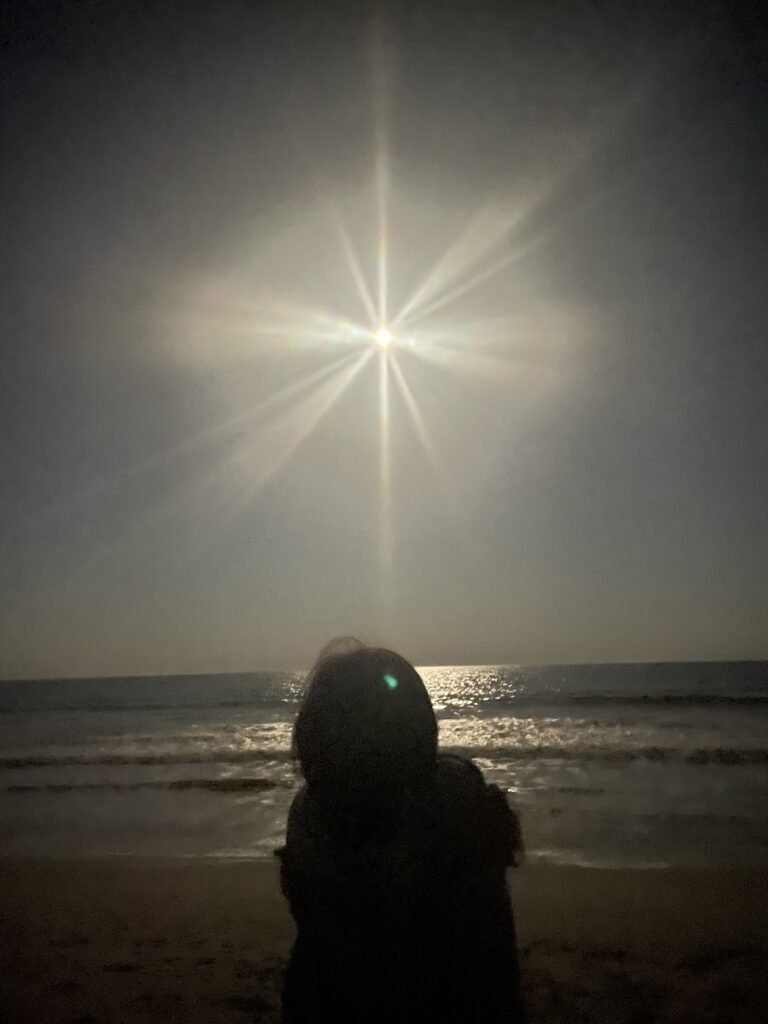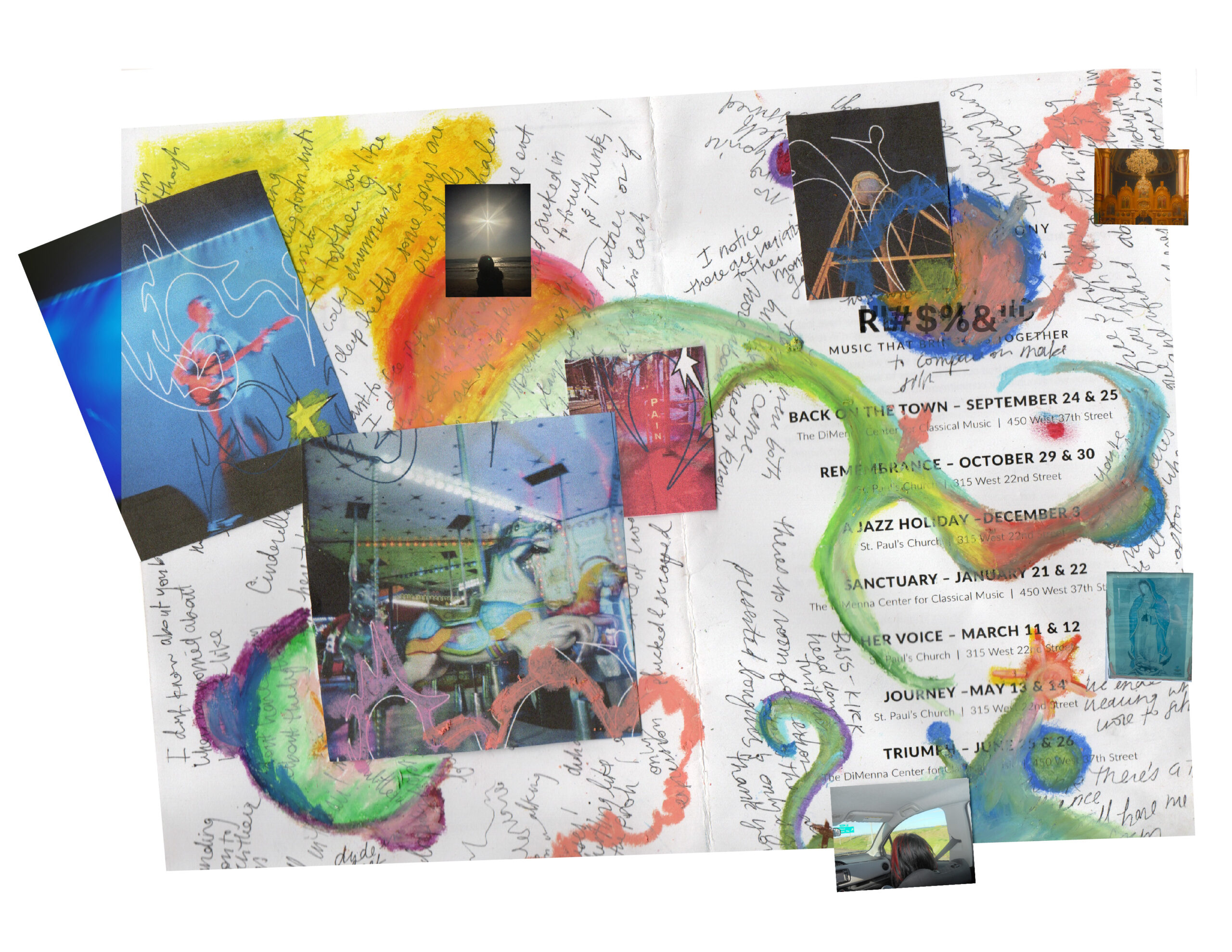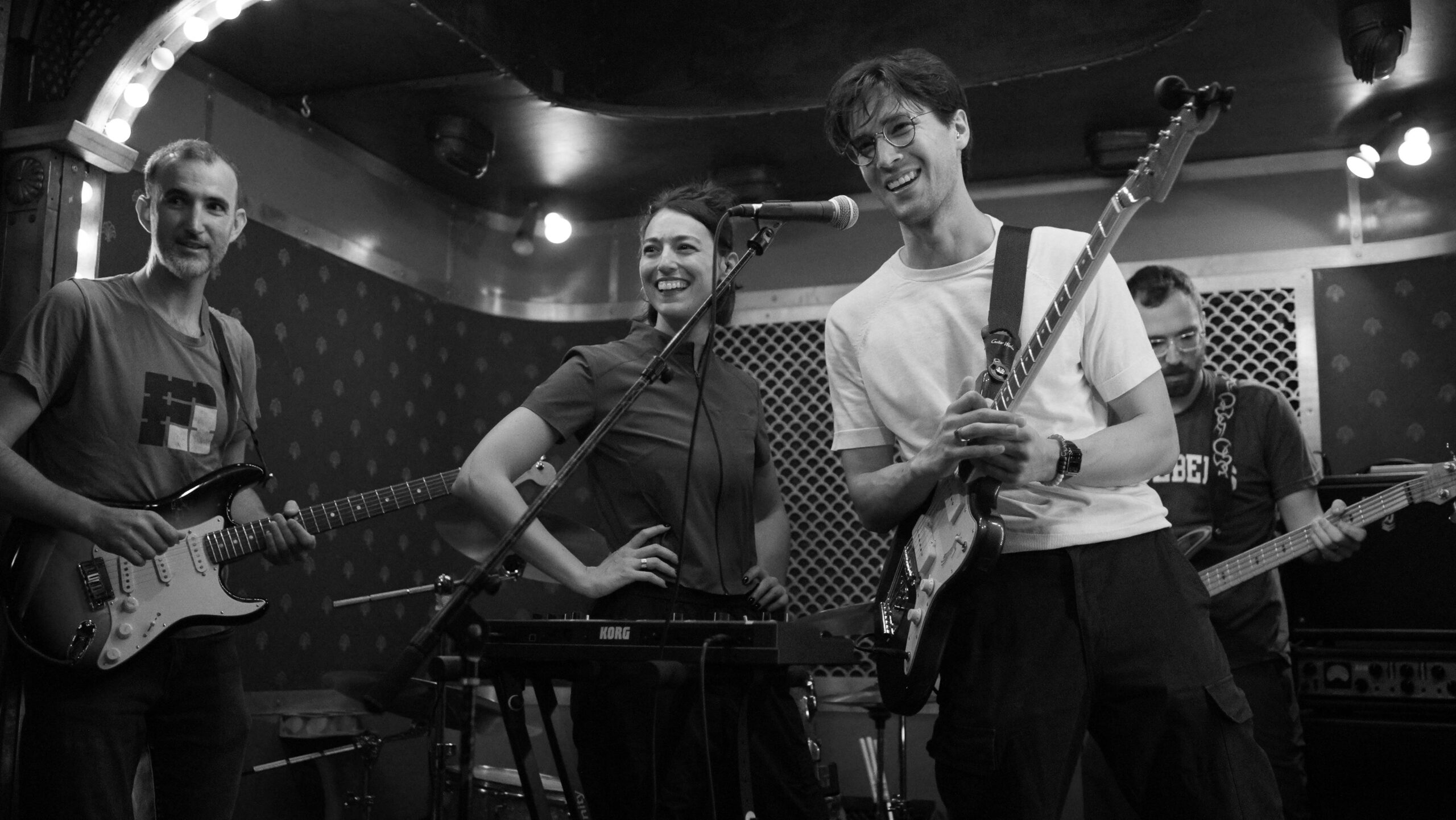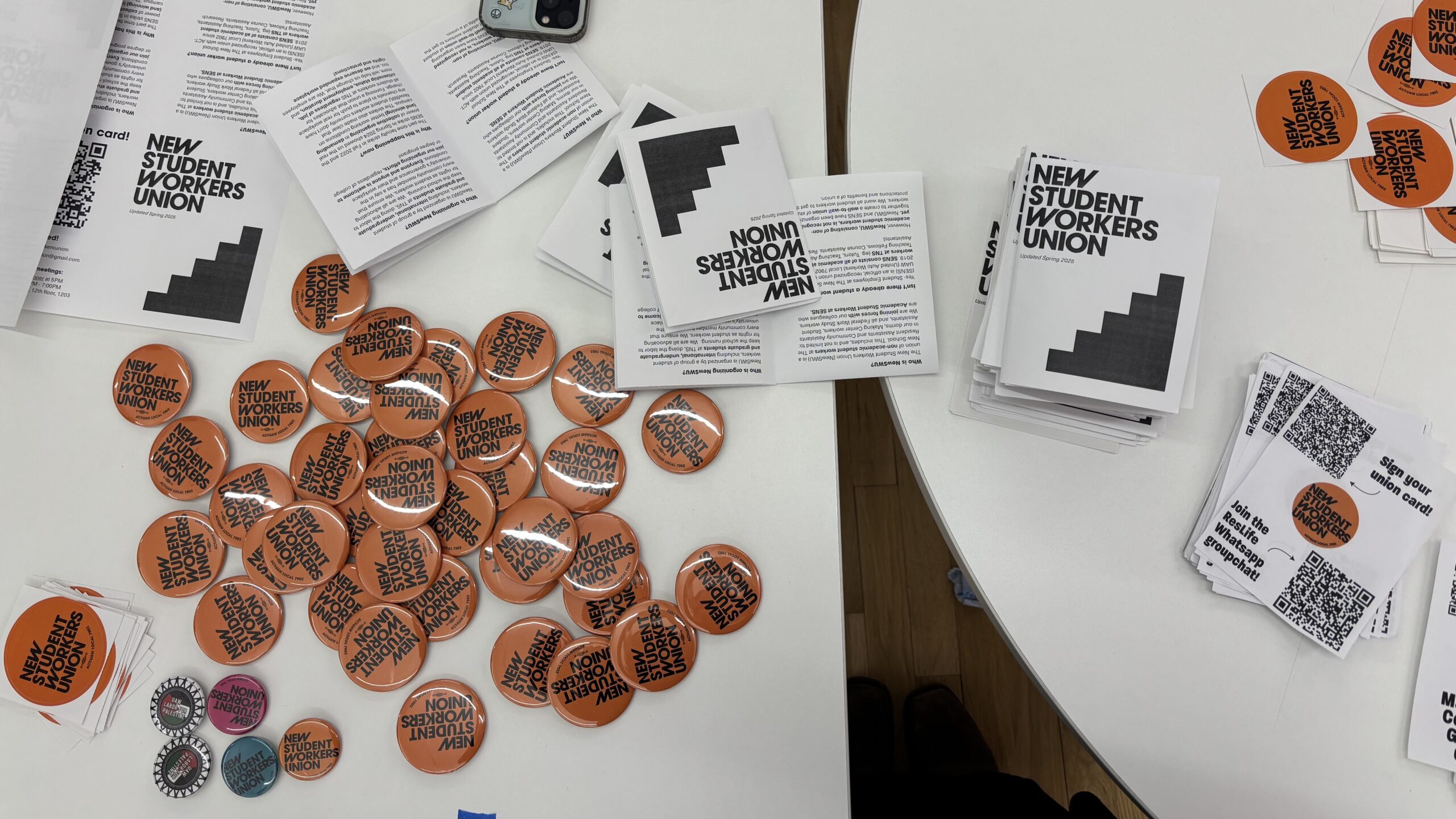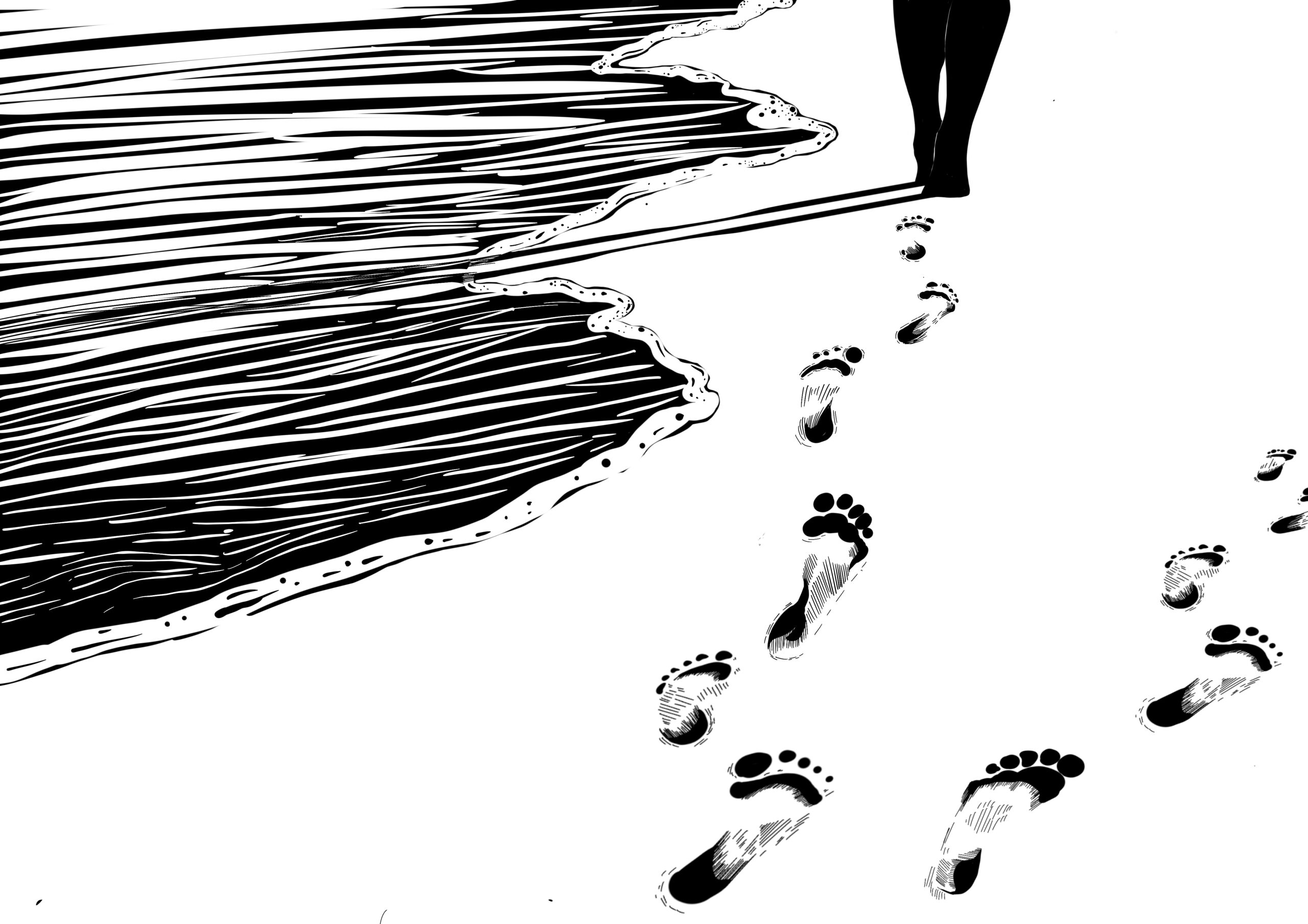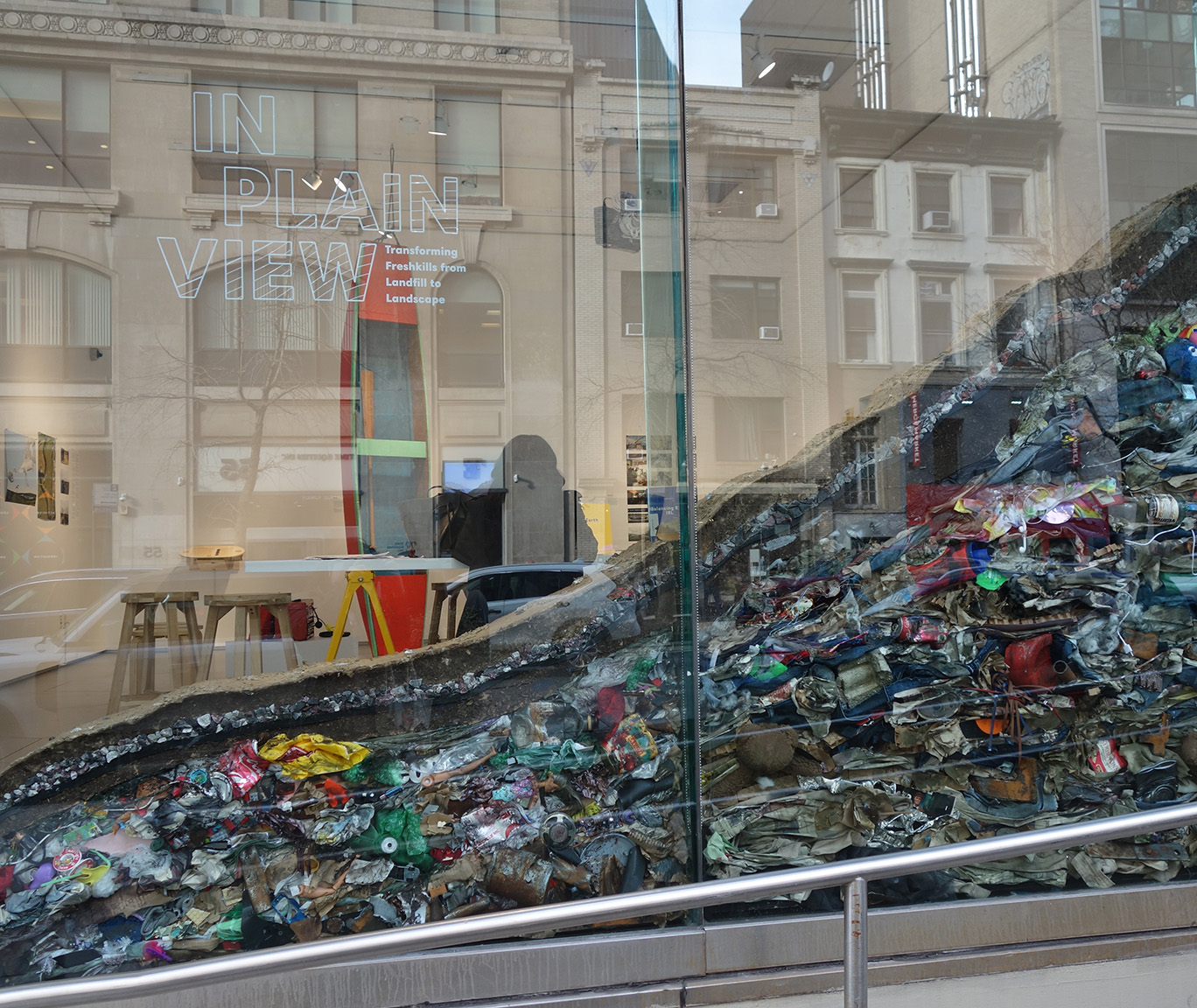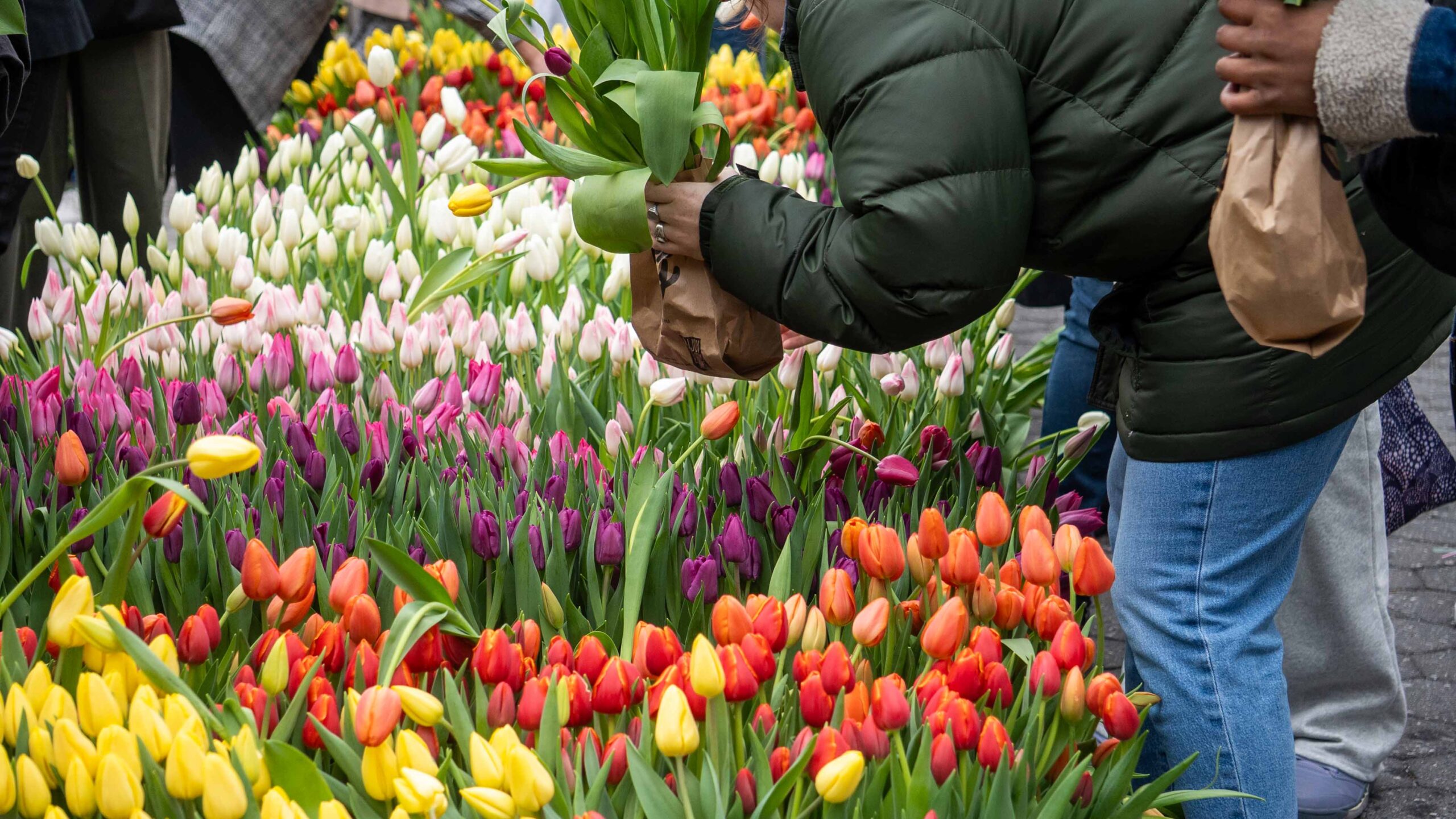audio file ONE: INTRODUCTORY CATHARSIS
Part One: Orchestral Lure and Lack
I arrived late to the “Back on the Town” performance at the Chelsea Symphony — 23 minutes late. I made up for it by buying a ticket ahead of time, unaware that it was pay what you wish. I looked like a true regular—an orchestral connoisseur. I waited in impatient silence, outside the soundproof door. Even from through the thick glass my eyes began to trail the dancing limbs of the musicians from afar. When permitted to enter, after three long minutes, I scurried in; I sat in the first seat I found, crumpling a “reserved” sign in the process. I didn’t dare look backward to acquaint myself with the space or to silently introduce myself to the others. Though I hit the seat in an unnatural position, I remained there for the entire first number, as to make no more noise. About forty musicians in a semi-circle were turned inward toward the conductor. The conductor stood on a raised platform with their back to us; their enthusiasm accounted for those sitting under their command. All spotlights were thirty feet above head, surprisingly on and bright.
As the music began in lulls and spikes, I felt myself holding my breath, smirking under my mask only timidly, shifting my eyes from one instrument to the next, resenting how one can’t even hoot and holler an exclamation of pleasure out loud. It felt wrong to be faced forward, upright, hands on knees, mouth sealed, eyes widening with each uptick.
All was silence in the music hall. The symphony is quite closer to silence than noise, nothing nearing the temperamental cacophony I’m most familiar with nowadays. The musicians did not seem to care that we were there, attentive or otherwise, and I respected that. They attended to the soundtracks of their own bodies and minds; their soliloquies harmonized wonderfully.
I couldn’t help but wish to be swirling, or sprawled out on the floor doing breath-work, giggling, feeling…anything at all? I thought: I ought to check my pulse. I resented how I cannot get on the floor, crack my knuckles. I wondered if the musicians bothered to apply lipstick, blush under there? I wondered if their suits and dresses contract their breath, if their manicured nails chip with one wrong pluck? I fidgeted with my rings and allowed my eyes to wander the square foot I was allotted so as to not disturb those in my periphery. I worried my amateur alarm was blaring as I was writing, rather than bouncing my foot in approval. Maybe they thought I was scribbling musical theoretical remarks. Maybe they thought I was there with The Rolling Stone. I must watch, watch their fingers stretch, their cheeks expand and concave. Must I?
The triangle, I must admit, jolted me with delight! An older woman in the row had black hair with pink and blue streaks and I wondered if she resented the all black uniforms of the performers. Who said all black was anything other than dull? Whoever did is wreaking havoc on wardrobes worldwide.
They’re all dancing, I thought. Of all things, I do not wish to conduct. It seems the most freeing, though the most front and center, which I couldn’t handle, outside of theory. I adored when the strings were plucked rather than rubbed. Some sounds sounded like alarms, which was: alarming. I felt like a kid in church needing to burst out and ask Mom for Fig Newtons or my Tamagotchi. I questioned how they always have good hair days on the day of a performance. I wished we could kick off our shoes; I wondered if they did too.
Some songs felt as if they were a coming of age story; others felt, what one may call “pubby”––yet no beers were to be had. It made me think of the instruments I’ve had an affinity for (rather than a begrudging lack of patience)––first, the harmonica, then the drums. Neither were to be found among the fifty plus instruments. Drum Club was in the church basement — there’s a metaphor there somewhere.
I worried all the while how knotty my hair looked from behind, how these people would rate me from one to ten on the delinquency chart. I imagined bodyguards coming in and carrying me out, kicking and screaming. I felt suffocated in the pristine wooden theater. There resides no room for error, no air for remarks; rather, there are no words spoken in between musical numbers. The musicians held steady for ten seconds, bows in the air or saxophone in trap even once all notes are played. The silence ended only as they readily rustled their papers, and stretched their necks and chins for a moment before they were to be glued back down into their dutiful position. And so it went, number after number feeling not a displeasure, but neither an ease nor a joy.
I thought: there is a lag here; I’m intellectualizing this experience too much; I hate that movie soundtracks come to mind, or a carnival carousel. It’s as if I’ve heard this all before in some motel lobby. In an aesthetic sense, lest we forget, I did not hear this music at all. I wasn’t truly listening.
I scribbled: there are so many strings here, so frail and helpless, though cared for tenderly like my threads of thought attending to this page. Most of all, I resent how this is all bound to smudge because the page of this program is glossy as can be.
This is what I heard: AUDIO: ORCHESTRAL LURE AND LACK
Part Two: The Sky Opened Up
Perhaps my harsh lack of appreciation for the orchestra was coming from my newfound expectations, which were high, following my musical experience the night before. I attended the debut of multi-disciplinary nights at the Glass Box Theatre, organized by Jazz student Kirk Anderson. The reason you may have missed your invitation to the debut multi-disciplinary gallery slash jam-sesh at Mannes is because there were merely a few flyers dispersed throughout all buildings. Luckily for me, my friend happened to come across one in the cafeteria. Our enthusiasm peaked even then, with black Comida Sans on a white page; our enthusiasm following the event led us to take on poster-making for the next event which is…loading…
Now, it is not to say one was better, but my temperament as of late has been mega-sesh. This is how it went:
My best friend and I, soggy from the rain, smiles already brimming, having come from a dance session between us two in an empty classroom, entered a dark, rustling space. There were chairs dispersed in the otherwise barren half of the room that one must walk through to move toward the light. Five or so musicians fiddled with their instruments in preparation for an improvisational performance. (How much of improv is rehearsed?) The pianist nonchalantly muttered jokes and offhand remarks as he provided “background music” for the intermission. Someone was fiddling with the lights to get the ambiance just right. The dense, curtained space went from blinding fluorescence to golden hour to dazzling, blinding blue. The blue incited hollers of approval; another exclaimed “no, it’s bad for our eyes!” The room settled with the dimmed synthetic sun.
What ensued may fall along the lines of you had to be there. Luckily you may be there the next time, and the time after that. These multidisciplinary nights will be regular and weekly. The first performance was drummer Luke Runels and pianist Elisha Miklosh; they warned us––they had just met that day and never played together, let alone “done anything like this” before. An audio track of haunting, looping news reportage was dispersed throughout the instrumental show. Runels experimented thoughtfully throughout the performance. At one point he used a bow on his cymbals to produce a deep lulling sound, and the bottom of a drum stick to scrape along the top of the cymbal for a droll, screeching skid. Miklosh kept pace with sporadic contributions on either a synth that wobbled on his lap or the glossy grand piano at which he sat. All the while, Parsons fashion student Ning Tung Tong sat facing me, her wrist and head jolting along with the tempo as she performed a live-sketch––the gift she brought to the multi-disciplinary space. I stayed in my pose, not only granting utmost attention to the performance, but, too, fulfilling my model role. The two musicians moved unabashedly, exchanging glances of approval or a nodding, knowing command here and there. The audience bopped, whistled, ooh’d and ah’d along.
Any point at which it ended would have been abrupt. Incessant climactic moments teased and taunted the listeners, as if it were to go on forever. I wouldn’t have minded if it were to go on forever, or closer to it. I had been so immersed that I failed to do my one job: record the performance. It was too late, yet it wasn’t too bad. The presence I achieved was delightful, with no alternative motives.
When the music came to a close, Runels exited his set quickly, bee-lining to a friend front-row in the audience, asking in earnest, “was that alright?” Clammer of what to do next between the musicians arrived at a verdict: “mega jam.” Well, almost. One musician shook their head adamantly saying “I can’t handle that,” before being booed and rallied to sit in the back at the piano bench with the flugelhorn and trumpet by their side.
The audience was asked to participate in any way they wanted, musical or not, all instruments were free-for-all. We were encouraged to clap, snap, stomp, whistle all we dare. An abandoned bass laying on the ground to the back of the room was soon claimed. Jasper Mahncke graciously set a solo drum down in the center of the empty space; my friend and I moved toward it. Two audience members shared the second piano bench. With more pieces to the puzzle, the collective endeavor began not all at once but timidly, not without suspense.
Tenor saxophonist Thomas Bombara led the journey with soulful, expansive allure. He stood front and center, though I found myself thinking all the while, he must be shy…with his beanie pulled over his eyes. I wondered, does he know how wonderful he is? Before I could continue to question his presence, he removed the beanie from his eyes and saxophone from his mouth to shout improvisational poetry, loud and assured. The other instruments adjusted thoughtfully to his monologue. The bass was abandoned once more as Anderson joined in with poetry read aloud from a book––reciting “you are not surprised by the strength of the storm” in a loop, being drowned and suspended by the encompassing music.
The space was alive, dilating and intimate with a maturing magnanimity––a growing, collective enthusiasm.
This is what we created together: AUDIO: THE SKY OPENED UP
(additional musicians: Ha-Lan Van, Sean Lawson, James Worsey)
RHYTHM [OUGHT NOT BE] SYMMETRY THAT PRODUCES MONOTONY; IT IS ALIVE; IT IS FREE.
(Frantz Fanon)
